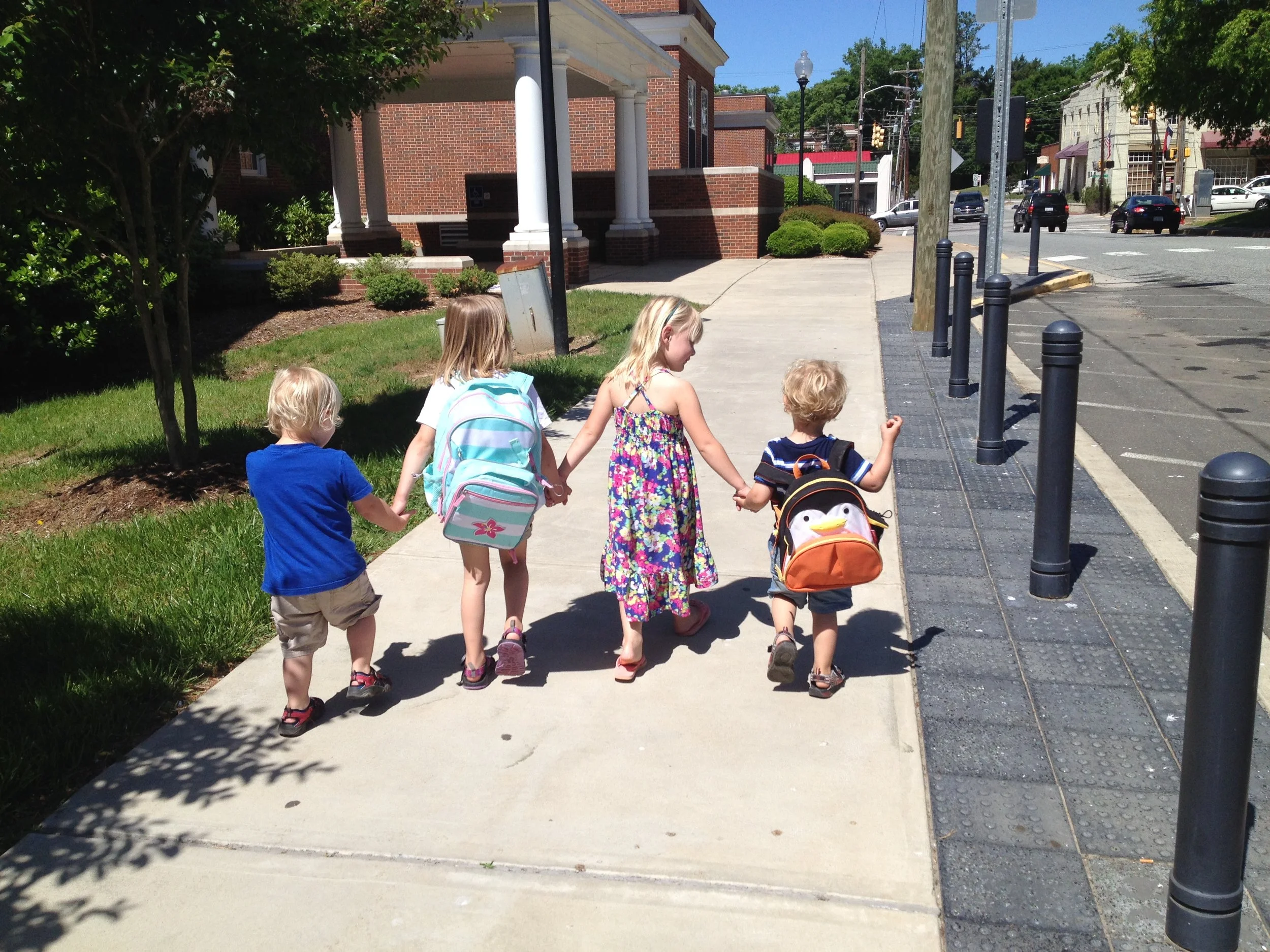Bright futures: Why scholarships are an important part of our social impact culture
With graduation quickly approaching for more than 3 million high school students in America, scholarships are top of mind for not only the kids, but also their parents. “How did you grow up so fast?” is often followed immediately by “How am I going to pay for your college tuition?”
The numbers tell us that scholarships have never been in greater demand. Consider these three statistics from Scholarship America:
- By 2025, our country’s workforce will need 11 million more postsecondary credentials than are in the current education pipeline.
- National student loan debt totals more than $1.2 trillion. That’s second only to mortgage debt!
- Low income students are 30% less likely to go to college, when compared with their high income counterparts of equal merit and talent.
So what can you do? If you are one of the millions of people in America who gives to charity each year, consider a gift of a scholarship as part of your portfolio of social impact activities.
Giving toward scholarships includes options for everyone. Here are a few ideas:
- Contact your alma mater to find out which college scholarship programs need a boost. According to Giving USA, more than 15% of annual giving each year goes to higher education. A contribution in any amount is valuable, whether that is $25, $250, $2500 or more.
- Get in touch with the team at the community foundation serving your region. The experts at the community foundation are among the most well-informed professionals in the country on philanthropy and how to connect donors to favorite causes in the community.
- Consider giving directly. Many families and social groups support each other by helping pay for kids’ college educations. Whether you are an aunt or uncle helping with a niece or nephew’s tuition or a family friend writing checks to pay for a student’s online courses, or you are contributing money to a scholarship fund for children who’ve lost a parent, you are making the future brighter for a student. These activities are not eligible for a charitable tax deduction under IRS regulations, but the spirit of sharing is a wonderful way to do good and support academic pursuits of young people.
What do you think? As the last day of school approaches, are you ready to add scholarship giving to your list of social impact activities? That’s an A+!

